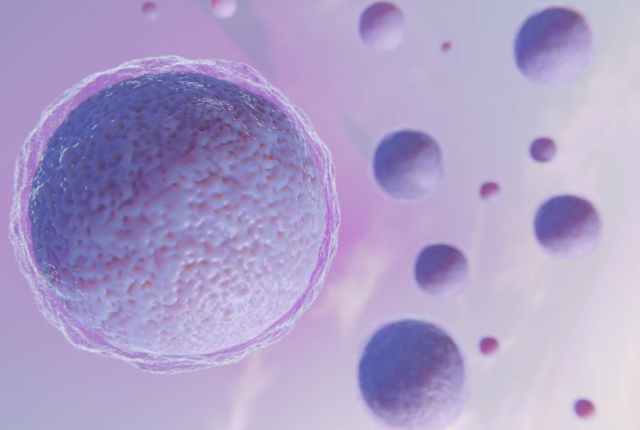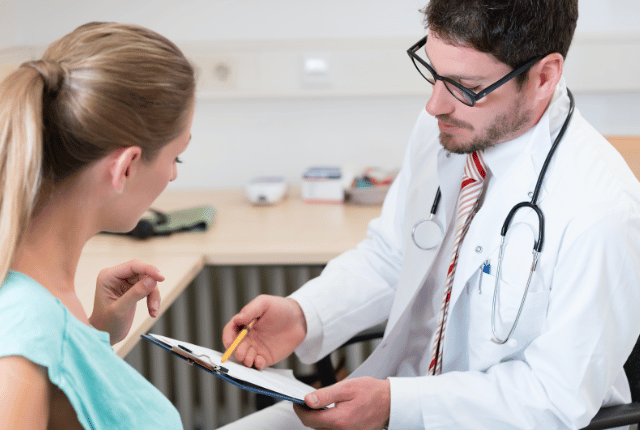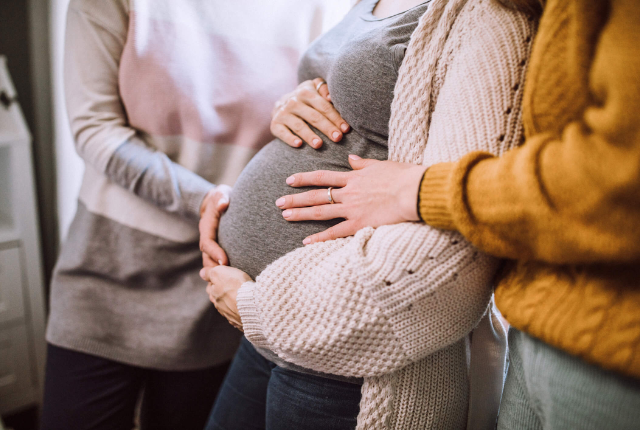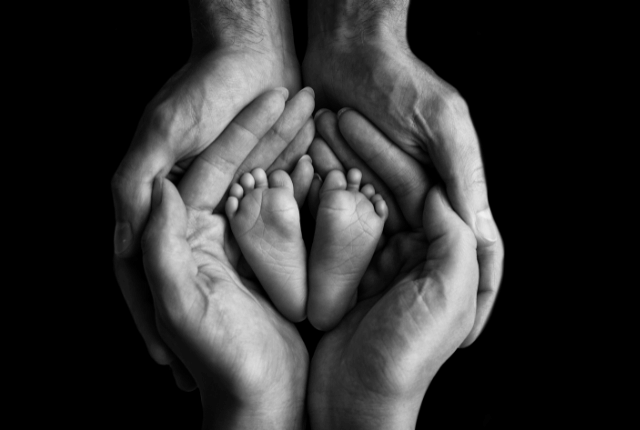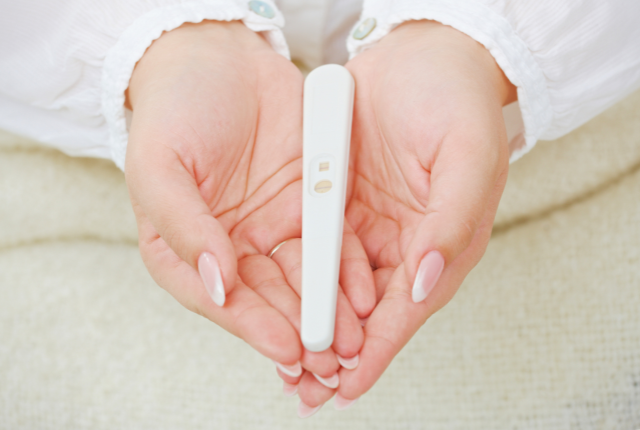Becoming an Egg Donor: Answers to Your Frequently Asked Questions
A crucial part of assisted reproductive technology (ART) is egg donation, which gives infertile people and couples hope. In order to help another person or couple (the recipients) who are unable to conceive with their own eggs, a lady (the donor) donates her eggs. For people struggling with infertility, this selfless act of kindness can bring their hopes of parenting closer to reality for those facing fertility challenges..
Deciding to donate your eggs to help a family in their journey to have a child is a deeply meaningful decision that requires careful consideration. If you’re considering egg donation, you likely have inquiries. Happy Future Surrogacy is here to address the common questions from potential egg donors as they weigh the choice of offering this invaluable contribution as they consider the possibility of offering this remarkable gift.
Who can become an egg donor?
Requirements for egg donors vary depending on the fertility clinic or egg donation agency. Generally, donors should be between the ages of 18 and 30, in good physical and mental health, have a healthy lifestyle, and be willing to undergo medical and psychological evaluations. Some clinics may also have specific height, weight, and educational requirements.
What is the process for becoming an egg donor?
The process typically involves an initial screening to determine eligibility, followed by medical and psychological evaluations. Once approved, the donor will undergo ovarian stimulation with hormone injections to produce multiple eggs. The eggs are then retrieved through a minor surgical procedure performed under sedation. After retrieval, the eggs are fertilized with the recipient’s partner’s sperm (or donor sperm) in a laboratory, and resulting embryos are transferred to the recipient’s uterus.
What Are the Risks of Egg Donation?
Egg donation is generally considered safe, but like any medical procedure, it carries some risks. The most significant risk is ovarian hyperstimulation syndrome (OHSS), a potentially serious condition caused by the fertility drugs used to stimulate egg production. Other risks include infection, bleeding, and reaction to anesthesia. However, serious complications are rare, and fertility clinics take precautions to minimize risks.
Will I Be Able to Have Children After Donating an Egg?
For over two decades, individuals have been contributing their eggs through donation, with studies indicating that their fertility is comparable to those who haven’t donated. Although humans are born with a set number of eggs, only one typically ovulates each month, while the rest are naturally reabsorbed. Egg retrieval merely utilizes those eggs that would otherwise go unused during the monthly cycle.The retrieval process simply takes advantage of the eggs that are not used during the month.
Is egg donation anonymous?
Whether egg donation is anonymous or not depends on the preferences of the donor and recipient(s), as well as the policies of the fertility clinic or egg donation agency. Some donors and recipients choose to remain anonymous, while others opt for open donation, where identities are disclosed and contact may be maintained between parties.
Will I Be Compensated?
Yes, egg donors are typically compensated for their time, effort, and any associated expenses. Compensation varies depending on factors such as location, demand for donors, and the specific requirements of the clinic or agency.
What are the legal implications of egg donation?
The legal implications of egg donation vary by country and jurisdiction. In many places, egg donors sign legal contracts yielding any parental rights or responsibilities for any resulting children. It’s important for both donors and recipients to understand the legal framework surrounding egg donation in their location and to consult with legal professionals if needed.
Can I donate eggs multiple times?
It is generally recommended that egg donors undergo no more than six cycles of egg donation in their lifetime to minimize potential risks to their health. Each donation cycle requires a period of recovery, during which the donor’s body replenishes its egg supply and returns to its normal hormonal balance.
Is egg donation painful?
Egg donation involves a few stages, including ovarian stimulation and egg retrieval. While some discomfort, such as minor bruising or bloating, may occur during the hormone injections for ovarian stimulation, the egg retrieval procedure itself is performed under sedation or anesthesia to minimize any pain or discomfort. After the procedure, donors may experience mild cramping or discomfort, which typically resolves within a few days. Overall, while individual experiences may vary, most donors find the process manageable, and fertility clinics prioritise donor comfort and safety throughout the process.
What are the basic requirements of egg donation at Happy Future Surrogacy?
- Age between 18 and 30.
- Maintaining physical health and having regular menstrual periods.
- BMI of 28 or less, indicating proportionate weight to height.
- Not using contraceptive implants or Depo-Provera injections for birth control (or willing to remove if currently using).
- Non-smoker and abstaining from recreational drug use.
- Willingness to undergo a series of injectable medications as part of the process.
- Absence of family history of inheritable genetic disorders.
- Demonstrating reliability and maturity by attending all appointments and adhering to medical instructions.
- No history of genetically transmitted diseases or sexually transmitted diseases within the past year, and never testing positive for AIDS or HIV.
Becoming an egg donor is a very great decision that can profoundly impact the lives of others, offering hope and the opportunity for parenthood to those facing infertility challenges. At Happy Future Surrogacy, we understand the significance of this journey and are committed to guiding potential donors through every step with compassion and support. If you meet the criteria and feel compelled to start this incredible journey of generosity, consider joining our community of egg donors. Together, we can make dreams of parenthood a reality. Ready to make a difference? Apply to become an egg donor with Happy Future Surrogacy today and help create families. Your selfless contribution could change lives forever.

